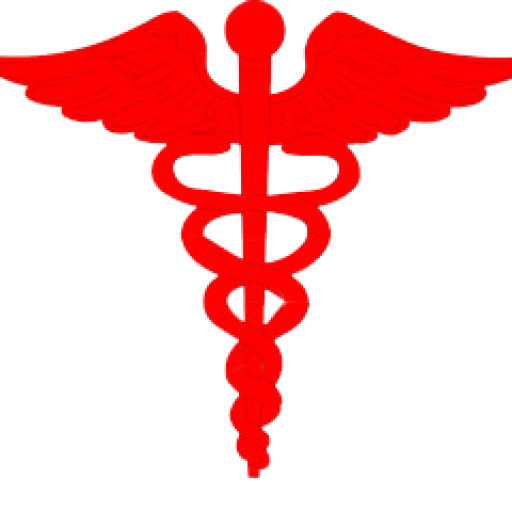Heart health is a topic that raises many questions and concerns, especially with the rising awareness of cardiovascular diseases. Whether you’ve experienced chest pain, have a family history of heart disease, or are worried about exercising safely, it’s essential to have accurate information. In this blog, we’ll address some frequently asked questions to help you better understand heart health and how to take care of your heart.

Does Chest Pain Always Indicate Heart Disease?
Chest pain can have multiple causes, and while it can be a symptom of heart disease, it isn’t always the case. Other factors like anxiety, digestive problems, or muscle strain can also lead to chest discomfort. However, it’s crucial to take chest pain seriously. If you experience severe pain, shortness of breath, dizziness, or pain radiating to your arms, back, neck, or jaw, seek immediate medical attention. Consulting a healthcare professional is the best way to determine the cause and receive appropriate care.
If My Father and Grandfather Had Heart Disease, Will I Also Have a Heart Attack?
Having a family history of heart disease does increase your risk, but it doesn’t mean you are destined to have a heart attack. While genetics play a role, lifestyle choices such as diet, exercise, smoking, and stress management have a significant impact on your heart health. Being proactive by getting regular check-ups, maintaining a heart-healthy lifestyle, and managing risk factors like high blood pressure and cholesterol can help reduce your risk. Additionally, genetic testing is now available to assess your likelihood of developing heart disease, which can guide preventive measures.

Should I Avoid the Gym Because of Reports of Sudden Cardiac Arrest?
It’s understandable to feel concerned about sudden cardiac arrests occurring in gyms, but avoiding exercise is not the solution. Staying active is crucial for maintaining heart health. Sudden cardiac arrest can happen to anyone, but it is more common in individuals with underlying heart conditions. Here are some steps to stay safe:
- Ensure that your gym has Automated External Defibrillators (AEDs) and trained staff.
- Listen to your body during workouts—if you feel chest pain, shortness of breath, or dizziness, stop exercising and seek medical attention.
- If you’re new to the gym or resuming after a long break, start with low-intensity exercises to build your fitness level gradually.
- If you have any concerns about your heart health, consult a cardiologist for personalized advice on safe exercise routines.
Do I Need to See a Cardiologist If My ECG and Echocardiogram Are Normal?
A normal ECG and echocardiogram are reassuring, but they don’t completely rule out heart disease. Some conditions may not be detected in these tests, especially in the early stages. If you have risk factors like a family history of heart disease, high blood pressure, or persistent symptoms like fatigue or chest discomfort, it may still be beneficial to consult a cardiologist. They can assess your overall heart health, recommend further testing if necessary, and provide guidance on maintaining a healthy heart.

Can I Live a Normal Life After Getting a Heart Stent?
Yes, many people return to a normal and active life after receiving a heart stent. The procedure is designed to open blocked arteries, which can relieve symptoms like chest pain and improve overall heart function. However, there are a few key points to keep in mind:
- There is an initial recovery phase, but most people can resume normal activities within a week or so.
- Adopting heart-healthy habits, such as a balanced diet, regular exercise, and stress management, is crucial for long-term heart health.
- Regular follow-ups with your doctor are necessary to monitor your heart health and make necessary lifestyle adjustments.
With the right lifestyle changes and ongoing medical care, individuals with stents can enjoy fulfilling and active lives.
Final Thoughts
Heart health is influenced by both genetic and lifestyle factors. Being informed, taking preventive measures, and seeking medical advice when necessary can help you maintain a strong and healthy heart. If you have concerns about your heart health, don’t hesitate to reach out to a healthcare professional for personalized guidance. Prioritizing your heart today can lead to a healthier future!



